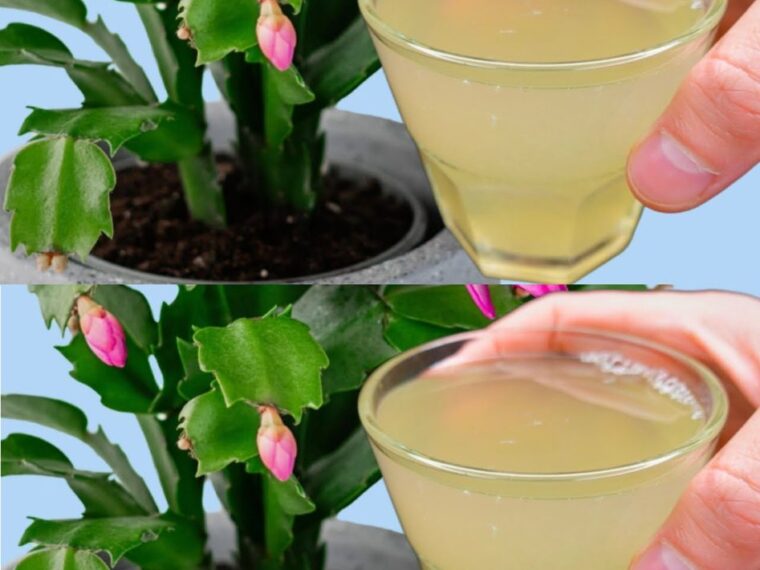Proper Plant Irrigation: Essential Tips for Winter
Effective plant irrigation is crucial but often tricky to get right, as both overwatering and underwatering can harm plants. To prevent premature wilting, consider several key factors: climate, light exposure, soil type, plant species, and their specific water requirements.
During winter, it’s particularly important to adjust watering routines due to reduced plant growth and evaporation rates. Here are some golden rules to follow:
- Know Your Plants: Understand the water needs of each plant species. Some require frequent watering, while others prefer drier conditions.
- Adapt to Winter Conditions: Decrease watering frequency in winter. Plants generally require less water during colder months when growth slows down.
- Monitor Moisture Levels: Check soil moisture regularly. Only water when the top inch of soil feels dry. Overwatering can lead to root rot, especially in low light conditions typical of winter.
- Choose the Right Time: Contrary to common beliefs, there’s no universal best time to water plants. Experts recommend checking soil moisture levels and watering when needed, rather than sticking to a fixed schedule.
- Avoid Waterlogging: Ensure proper drainage for pots and containers to prevent water accumulation at the bottom, which can suffocate roots.
By following these guidelines taillored to winter conditions, you can maintain healthy plants that thrive even during the colder months.
Continued on next page
Pages: 1 2





